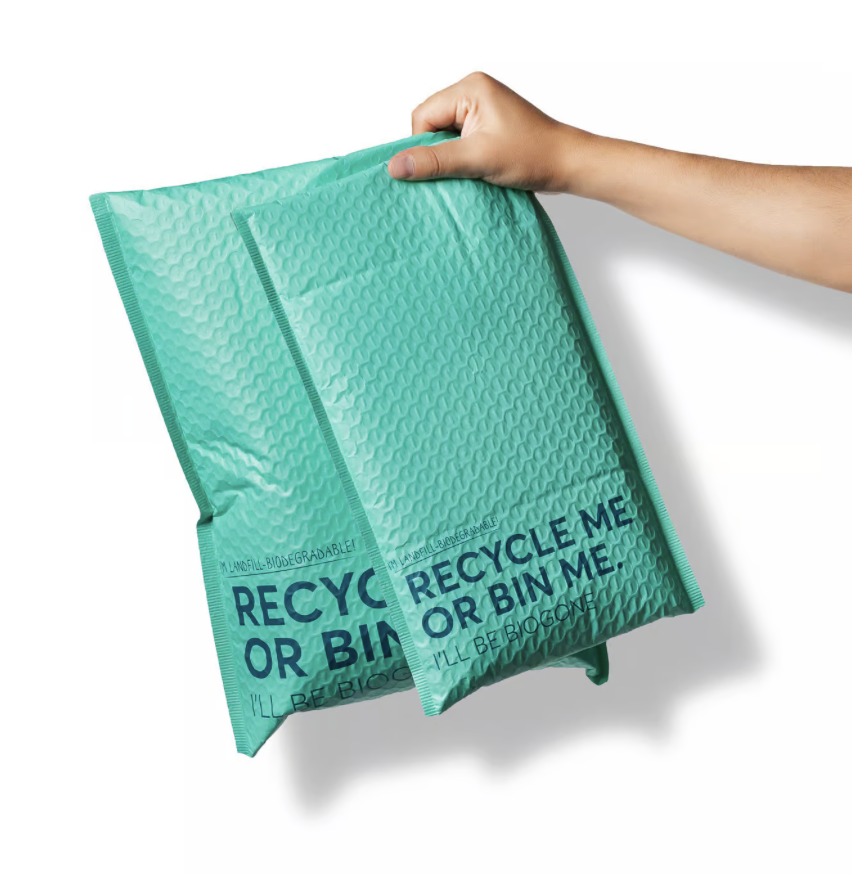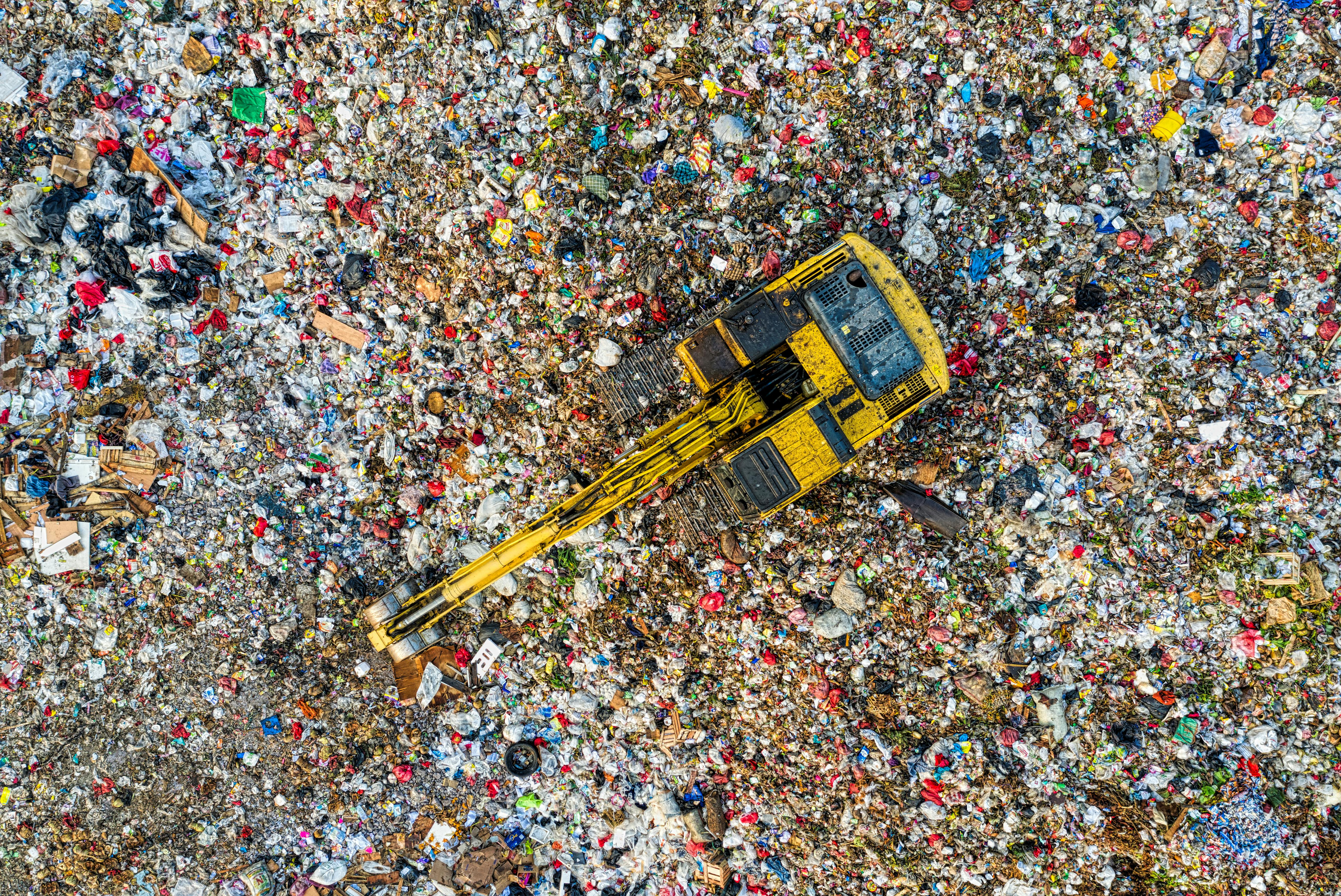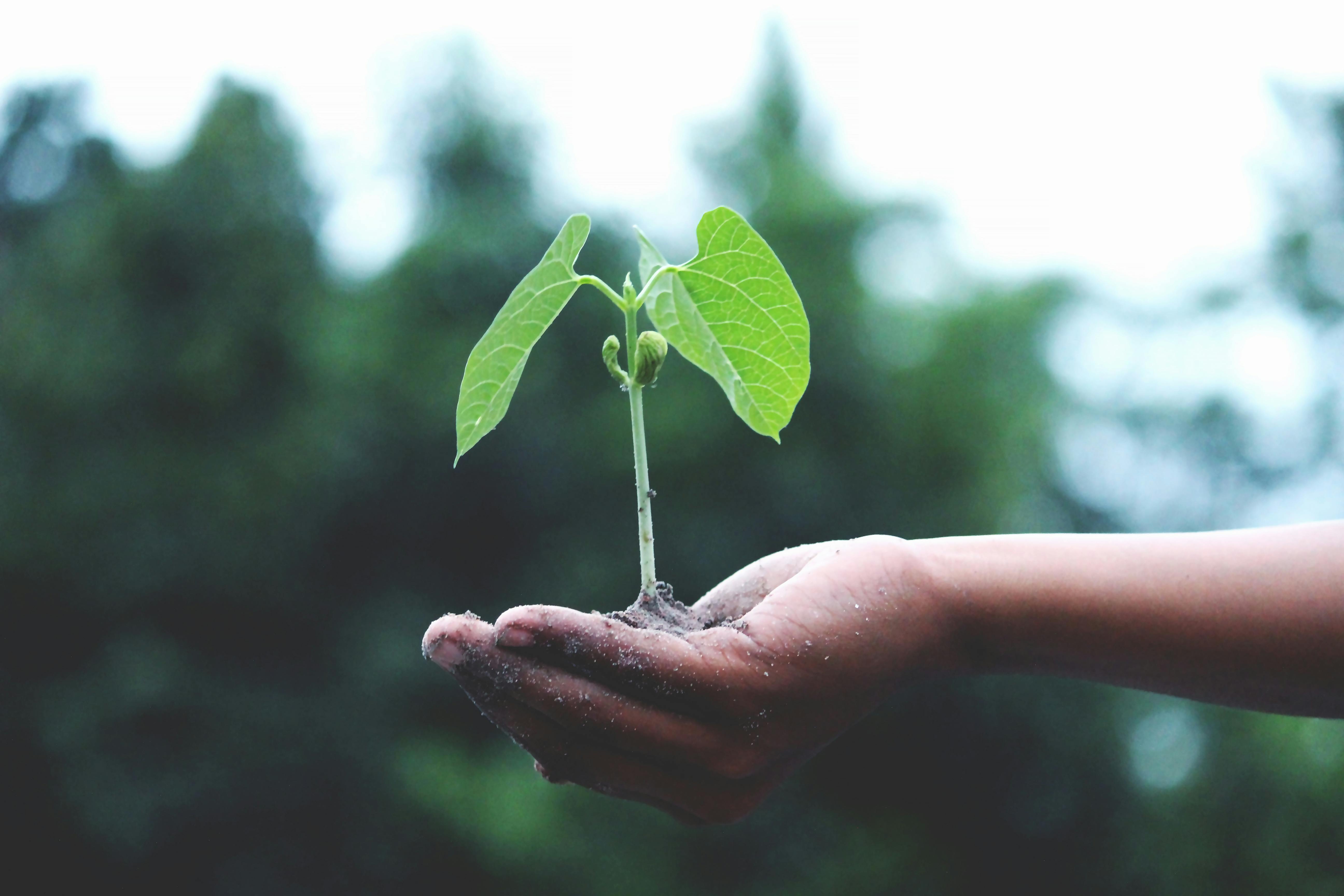Plastic Pollution
line

Plastic is renowned for its durability and long lifespan, but this quality comes at a cost—it doesn’t decompose but instead breaks down into microplastics, which are even more challenging to clean up. Among the most prevalent contributors to ocean pollution are plastic water bottles, which are primarily made from polyethylene terephthalate, a material with a staggering half-life of over 2,500 years. Beyond water bottles, discarded plastics also include containers, wrappers, and soda can holders. Together, these items dominate ocean pollution, with studies showing that 80% of ocean trash is plastic. Every day, approximately 8 million pieces of plastic make their way into marine ecosystems, posing a significant threat to wildlife.

Marine life, including seabirds, turtles, and fish, often ingest microplastics, mistaking them for food. These plastics don’t just harm marine creatures—they make their way up the food chain, eventually impacting humans. Microplastics can absorb toxic substances such as polychlorinated biphenyls (PCBs) and dichlorodiphenyltrichloroethane (DDTs). These chemicals, used in industrial and agricultural applications, have been linked to endocrine disruption and even certain cancers. For people who consume seafood, ingesting these harmful chemicals is an alarming consequence of plastic pollution.


